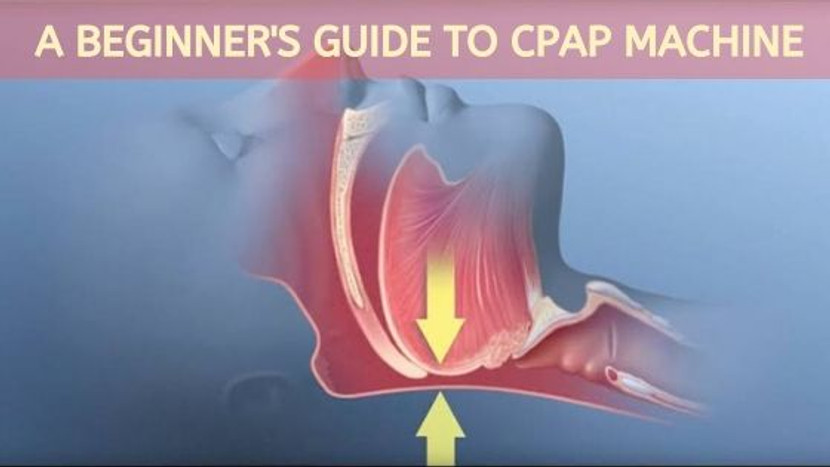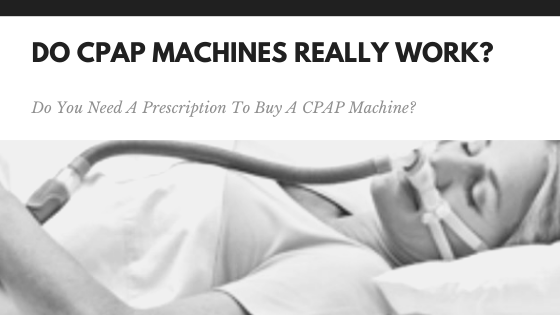Sleep Apnea: Symptoms, Causes and Treatments
What is Sleep Apnea?
Sleep apnea is a sleep that has serious risks associated with it. It is an involuntary pause in breathing during sleep. The severity depends on how much the airway is obstructed. An individual suffering from sleep apnea experiences repeated apneas (or periods of not breathing) throughout sleep. There are a variety of treatments available. The choice depends on the cause of the obstruction. In a few cases jaw advancement or surgery to remove enlarged tonsils can help. The vast majority of cases though require a compact CPAP machine to open the airway for normal flow of air to occur all night long. CPAP stands for Continuous Positive Airway Pressure. These machines gently blow filtered air into the nose thereby holding open the airway.
Sleep Apnea Symptoms
Sleep apnea is a serious sleep disorder. It is an involuntary cessation of breathing during sleep. Left untreated, the condition can have serious consequences, resulting in cardiovascular disease, high blood pressure, and stroke. The involuntary pause in breathing might be due to a blocked airway, or it could be due to a signaling problem in the brain. In most cases, the person is unaware of breathing gaps. Sleep apnea may result in low levels of oxygen in your blood, change the pressure in your chest and blood flow back to your heart, and trigger the fight-or-flight response. All of these things can cause enough stress on one’s heart that heart attacks can occur as well as strokes. This can become extremely serious and a compact CPAP machine can help.
According to the National Heart, Lung and Blood Institute, about 12 million Americans suffer from sleep apnea. Some of the most common sleep apnea symptoms include:
- Drowsiness
- Daytime sleepiness
- Loud snoring
- Fatigue
- Irregular breathing during sleep
- Frequent awakenings
- Interrupted sleep for urination at frequent intervals
- Waking up short of breath
- Waking up with heart racing
Types and Causes
Three types of sleep apnea:
- Obstructive
- Central
- Mixed
Obstructive sleep apnea – Blockage of the airway is the prime cause of obstructive sleep apnea. Usually it is a collapse of the soft tissue in the back of the throat during sleep. Sudden cardiac arrest is one major risk for someone suffering from obstructive sleep apnea. Sudden death may result from abnormal heart rhythm. However, Continuous Positive Airway Pressure (CPAP) machine could be a powerful tool to prevent the airway closure.
Central sleep apnea – “Central” refers to the brain. Here the brain temporarily fails to send proper signals to the muscles that control breathing. As a result, there are temporary stops in breathing. Anytime there is a pause in breathing, blood oxygen level goes down and heart rate speeds up.
Mixed sleep apnea –It is a combination of obstructive and central sleep apnea. Mixed sleep apnea typically starts as obstructive sleep disorder. The patient has either a shallow breath or the breath completely stops for several seconds during sleep. Other mixed sleep apnea symptoms include snorting or gasping during sleep. The sleep is fragmented and the brain signals breathing to resume. During such a sleep apnea event, you may awaken abruptly with a dry throat or shortness of breath. Not only this, you may wake up feeling drowsy, irritated, and tired or suffering from headache in the morning.
Treatment
Early diagnosis is crucial to the treatment of sleep apnea. Unfortunately, many sleep apnea cases go undiagnosed, which raises the risk of mortality due to stress on the heart. The most common treatment for sleep apnea is CPAP.
A central CPAP machine helps reduce your risk of a cardiac event, besides making you sleep and feel better. The patient is required to wear a mask covering the nose and mouth during sleep. The mask is fixed to a pump that supplies constant amount of pressure to keep your upper airway open. This further helps prevent the airway closure.
Besides a CPAP machine, other sleep apnea treatment options include:
- Adaptive servo-ventilation (ASV), which delivers variable pressurized air to ease the breathing pattern. However, people with symptomatic heart failure are not advised to opt for ASV.
- Bilevel positive airway pressure delivers a fixed amount of pressure when you breathe in. The amount of pressure varies when you breathe out. However, BiPAP is not recommended for those with heart failure.
- Supplemental oxygen using different devices might help in the case of central sleep apnea.
- Certain medications may be used to stimulate breathing for central sleep apnea patients.
Lifestyle changes to help decrease sleep apnea are wise as well. Avoid alcohol, quit smoking, manage weight, and learn to sleep on your side to normalize breathing and reduce the risk and incidence of sleep apnea.
Recent Posts
-
A Beginner's Guide to Your CPAP Machine for Sleep Apnea Relief
Continuous positive airway pressure, CPAP, is an effective sleep apnea treatment. CPAP machines ar …Jan 28th 2020 -
Do CPAP Machines Really Work? Do You Need A Prescription To Buy A CPAP Machine?
A continuous positive airway pressure or CPAP machine provides the best possible sleep apne …Jan 12th 2020 -
Sleep Apnea: Symptoms, Causes and Treatments
What is Sleep Apnea? Sleep apnea is a sleep that has serious risks associated with it. It is an …Dec 4th 2019



